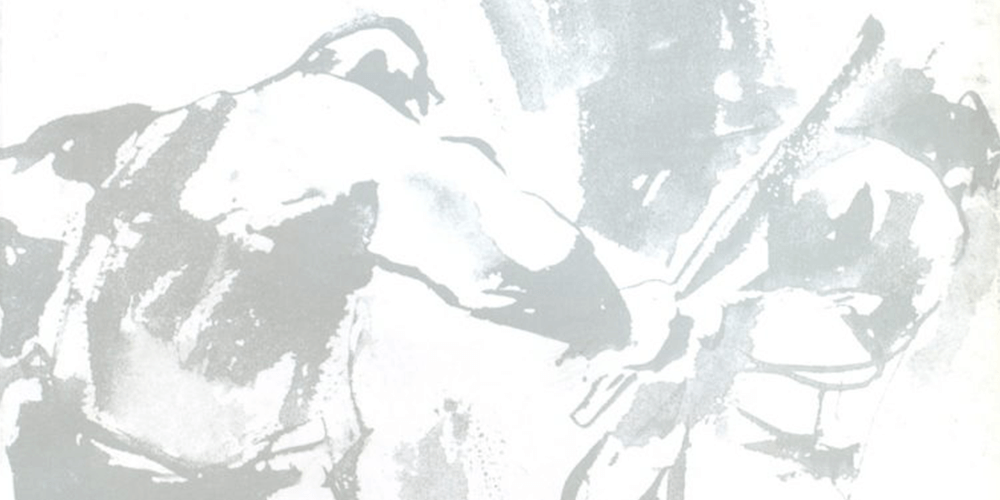INTRODUCTION
The Project for the Treatment and Rehabilitation of Torture Survivors has been one of the most important projects the Human Rights Foundation of Turkey (HRFT) conducts with success since its inception. The project is implemented by the Treatment and Rehabilitation Centers of the HRFT in Adana, Ankara, İstanbul and İzmir. The project started in 1990 and 2767 persons applied to our centers till the beginning of 1997. In 1997, 537 persons applied to our centers increasing the total number of applicants to 3304. Hundreds of health professionals either working professionally or voluntarily contribute to the solution of physical, psychological and social problems of the applicants to the HRFT. In the regions where human rights violations are intense but where the HRFT does not have centers, the Five-Cities Project (including Diyarbakır, Van, Malatya, Gaziantep and Mersin) has been implemented in 1997, too.
Concerning the Treatment and Rehabilitation Project, we have tried to render the Treatment and Rehabilitation Centers more efficient in 1997. There have been developments in relations with various elements of the scientific field; an Ethical Board was formed; the preparations for the establishment of Medical Boards reached the last stage; discussions on cases have been intensified; the ratio of psychological assessment increased to 57%; the ratio of applicants abandoning treatment has decreased to 14.6% (27.3% in 1995 and 23.5% in 1996).
In 1997, attempts were intensified regarding the establishment of a center in Diyarbakır which has long been on the agenda of the HRFT. Concrete steps are taken in 1998.
The Adana trial reached an end on 2 May 1997. Lawyer Mustafa Çinkılıç, the Adana Representative of the HRFT, was acquitted of “operating an unlicensed health center” while Dr. Tufan Köse, a physician at the HRFT Adana Treatment and Rehabilitation Center, was fined (TL. 18.787.000) for “failure in notifying the authorities of our tortured applicants ” (Turkish Penal Code Article 530). At this point, we would like to express that the rightness of our opinions and values has been revealed clearly. Disclosing of no information without the consent of the person, a universal principle of medical ethics, holds vital importance from many aspects in a specific issue such as torture. What has indisputable priority in this specific issue is that the torture survivor should psychologically, sociologically and physically be restored to and enjoy good health. Therefore the physicians working for the HRFT have declared that they would carry out their duties as they did before, regardless of the verdict.
However, the verdict opposes to this point of view. It is without a doubt that the values accumulated throughout centuries cannot be destroyed with a verdict. For this reason, we will intensify our efforts at all levels where we have the right to do so (the Supreme Court, international/supranational judicial processes). The case is currently pending before the Supreme Court.
We are grateful to everyone who has been attentive and contributed to the issue and created an atmosphere of solidarity in this period.
The Treatment and Rehabilitation Project includes not only treatment and rehabilitation services but also training, scientific researches and activities for the improvement of the quality of these services.
This report, which covers the results of the activities of the HRFT Treatment and Rehabilitation Project 1997 is published in Turkish and English as in previous years.
Publication and presentation dates are obviously important for the functionality of annual reports. Therefore, the publication of the 1997 report in June 1998 would have suited that functionality. Certainly, greater care will be taken concerning publication dates in the coming years.
The Treatment and Rehabilitation Centers Report 1997 comprises two parts following the foreword by President Yavuz Önen on behalf of the Governing Board, who makes an assessment of the year 1997 from the human rights point of view.
The first part of the report furnishes an account of the medical activities of the Foundation during 1997. It contains information and comments on those who applied to the HRFT Treatment and Rehabilitation Centers in Adana, Ankara, İstanbul and İzmir with complaints consequent to torture.
In the second part of the report, there are articles related to certain themes that the Treatment and Rehabilitation Centers of the HRFT were involved in 1997.
The first article in this part is the article by Dr. Cem Kaptanoğlu entitled “Secondary Traumatic Stress.” It is argued that traumatic events affect the person experiencing it and it has a ripple effect on the family, close friends and society of the traumatized person. Dr. Kaptanoğlu’s attempt to relate Secondary Traumatic Stress with the act of “One Minute Darkness for Continuos Enlightenment” constitutes an interesting and meaningful subject of debate. Dr. Kaptanoğlu describes this act as the “first session of the group therapy that we are all in need of” and adds that “there are many sessions for us to attend all together in order to heal ourselves.”
The second article of the same part is related to hunger strike – death fast: an issue, which has deeply affected the public conscience and for which we feel compelled although we are not. It is related to the clinical assessment of the hunger strike – death fast participants whose cases were medically intervened by İstanbul University Neurology Department with great success appreciated as a proud achievement in all medical circles and in society on the whole, during the period of hunger strikes – death fasts in May 1996 that resulted in 12 deaths.
Activities of the HRFT are the fruits of hundreds of sensitive people, including health professionals and human rights defenders, who work towards a common objective in different parts of the country. We thank all our friends who have contributed to these efforts and stood by us, and to the Human Rights Association (İHD) and the Turkish Medical Association (TTB) which supported our work from the very beginning.

